Speakers and CME
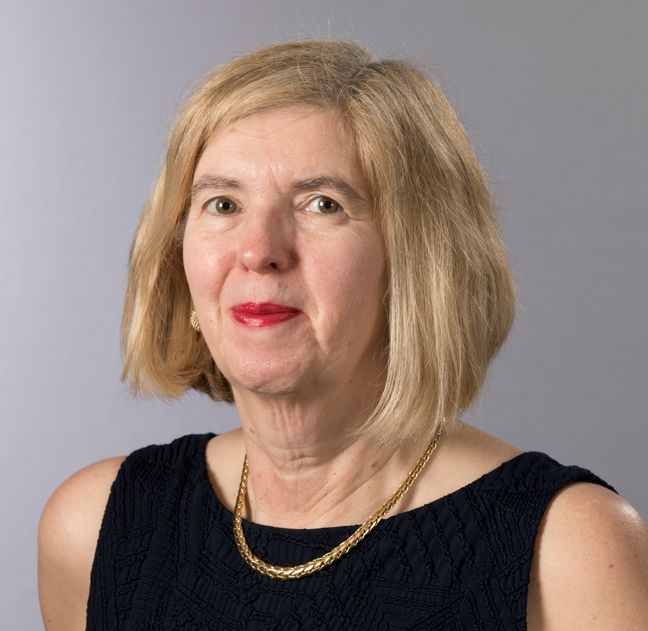
Anne Bassett
Center for Addiction and Mental Health, University of Toronto, Canada
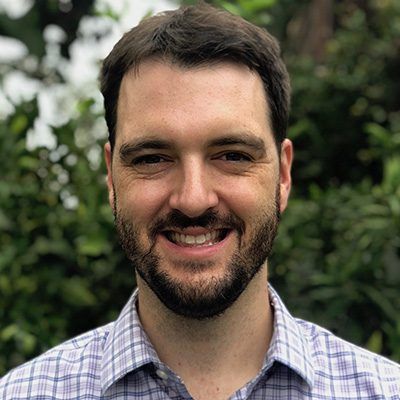
Michael Gandal
Perelman School of Medicine at the University of Pennsylvania, USA
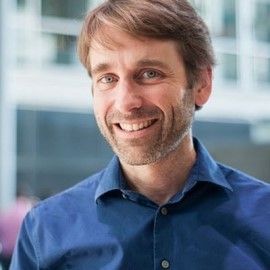
Sébastien Jacquemont
CHU Sainte-Justine, Montreal, Canada
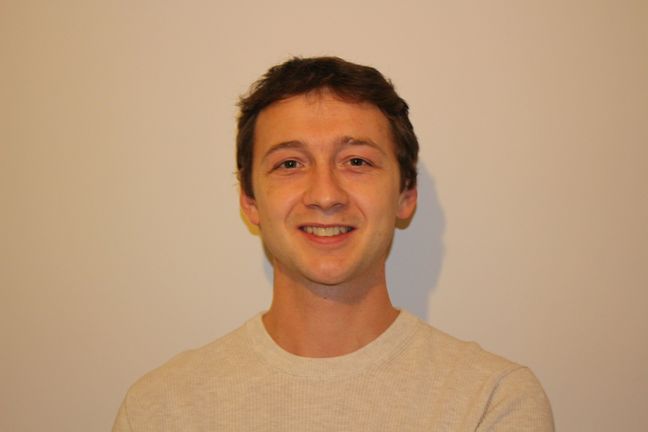
Elliott Rees
Cardiff University, United Kingdom
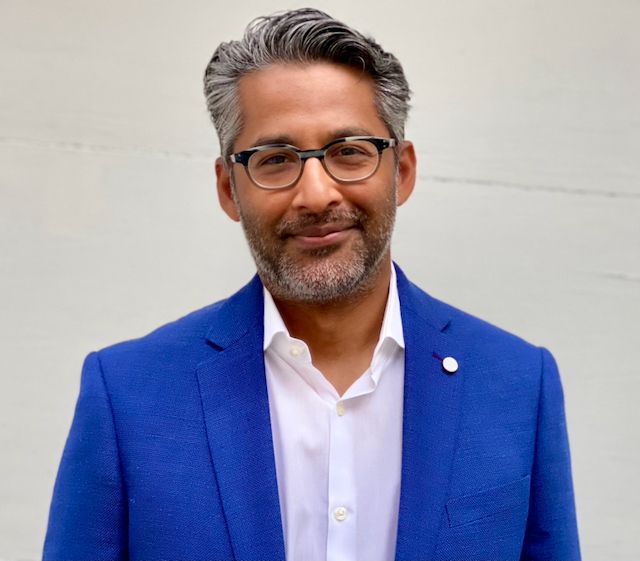
Jai Shah
McGill University, Montreal, Canada
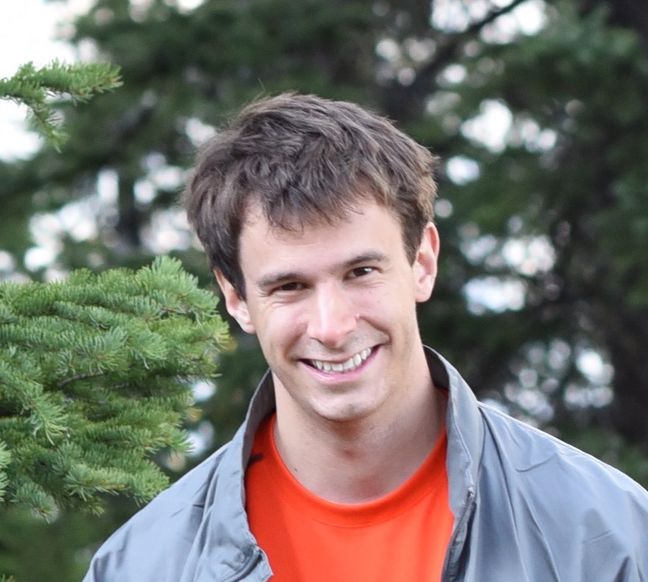
Brett Trost
Hospital for Sick Children, Toronto, Canada
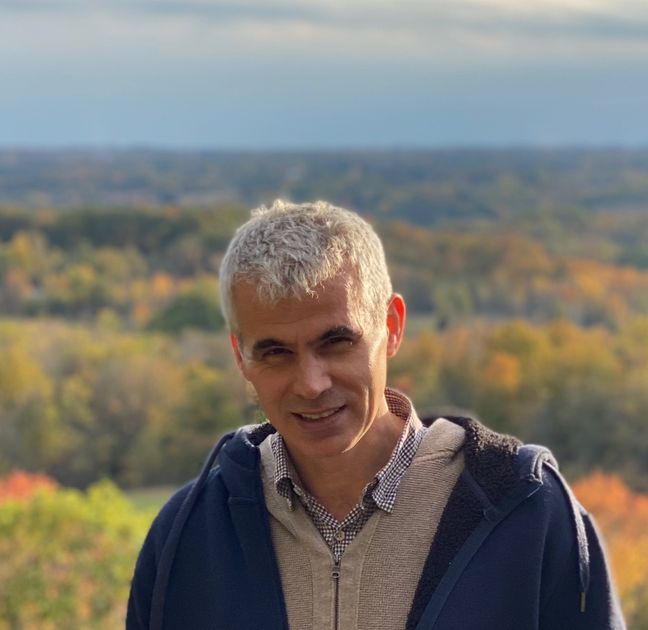
Jacob Vorstman
The Hospital for Sick Children and the University of Toronto, Canada